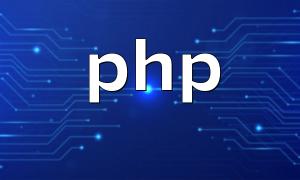Token authentication is a crucial security measure for protecting API endpoints during Laravel development. However, in debugging phases or special cases, developers may need to temporarily disable token authentication. This article walks you through how to disable token authentication in Laravel to allow for more flexible development and debugging.
Laravel uses middleware to handle token authentication, typically configured in the app/Http/Kernel.php file within the $middlewareGroups array. The middleware group for API requests is named api, which includes the default authentication middleware.
protected $middlewareGroups = [
'api' => [
\App\Http\Middleware\Authenticate::class,
// other middleware
],
];To disable token authentication, you can comment out or remove the Authenticate::class middleware from the API middleware group. Example modification:
protected $middlewareGroups = [
'api' => [
// \App\Http\Middleware\Authenticate::class,
// other middleware
],
];Although disabling token authentication is convenient during development and debugging, it significantly reduces the security of your API endpoints. Be sure to re-enable token authentication after completing your debugging to protect your production environment.
By adjusting Laravel's middleware configuration, you can quickly disable token authentication and improve debugging efficiency. Always manage authentication carefully to ensure your application's security and stability. We hope this guide helps you handle token authentication requirements in Laravel smoothly.









